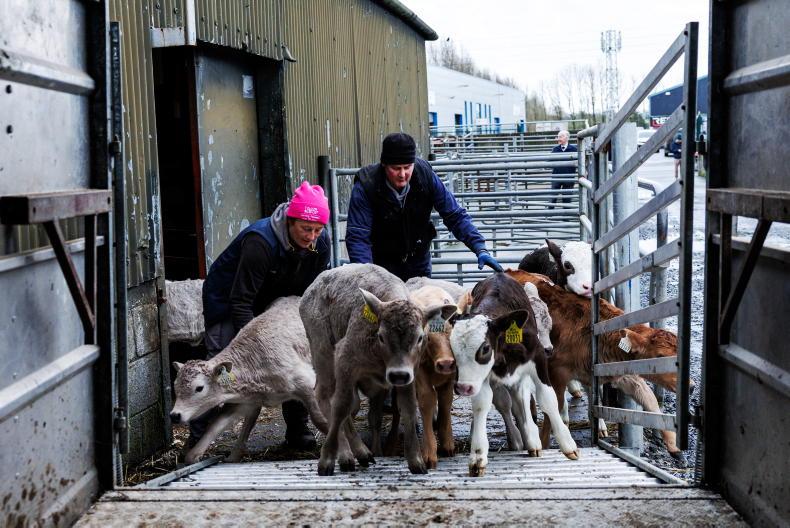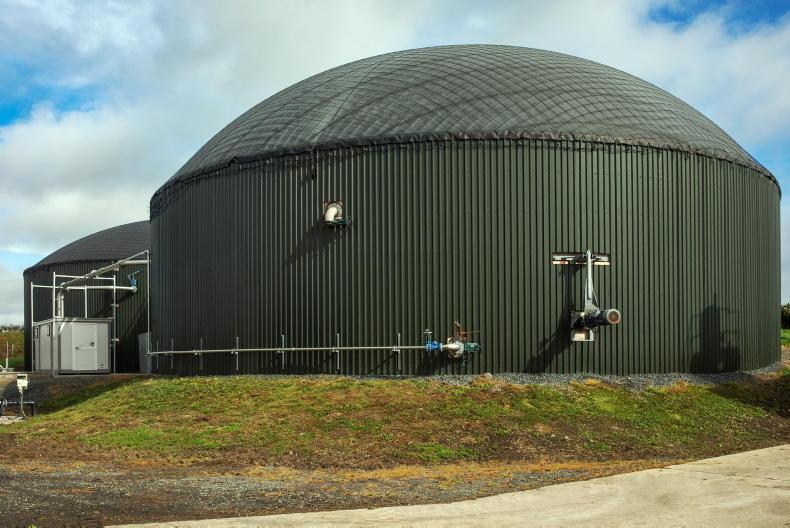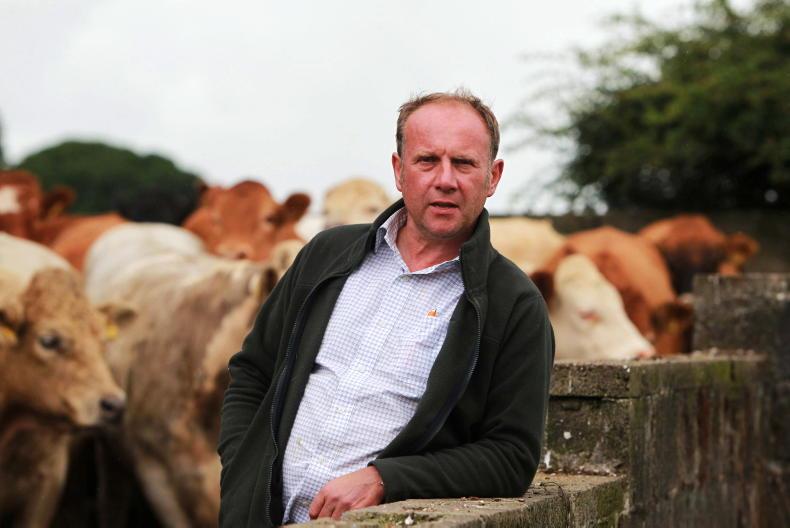Scotland’s farming sector has the opportunity to learn from a trust in New Zealand which has so far provided support and training for around 3,000 women who are involved in agriculture.
The Agri-Women’s Development Trust (AWDT) was founded eight years ago by sheep and beef farmer Lindy Nelson and while she was in Scotland last week, Lindy joined members of the Scottish Government’s Women in Agriculture Taskforce to provide an opportunity for anyone working in the agriculture sector to hear about how the trust is working in New Zealand to support women in rural and farming communities.
Role of the trust
Alongside two other women, Lindy worked to create the AWDT which started in 2010 with the enrolment of 12 women onto a programme which set out to help those women contribute and add value to any part of the country’s agriculture sector.
The trust now offers around eight or nine different programmes and has provided 3,000 women with the skills and confidence they need to succeed in their industries. There are eight people working on the team with a further 40 facilitators involved in the programmes. Lindy noted that the trust will grow to accommodate 1,000 women next year.
“Our vision is to ensure women are vital partners in New Zealand’s primary industries,” said Lindy.
“We are starting to see tremendous results. These women are empowered to head change at all levels from farm to board room level.”
Programmes on offer at the AWDT can take place in various regions across the country and include Understanding Your Farming Business – a course to help women involved in beef and sheep farming to improve their business’ performance and the Escalator programme – a leadership and governance programme for women working in primary industries and rural communities.
Women account for around 50% of the people working in New Zealand’s agriculture sector and by reaching out to help those women Lindy has found men are also benefitting from the programme as well.
She said: “We can’t go on this journey and isolate men. As an organisation, 50% of our board is male and this year we have launched our first couples programme.
“What I didn’t expect was the phone calls from men who said they were more understood and supported. We weren’t causing disruption but creating better, stronger farming teams.
“We’ve got to be very careful that we don’t shut out men’s voices.”
Challenges within the sector
Succession in farming businesses across Scotland is likely to be one of the bigger challenges facing women according to Lindy. While the culture around matters such as inheritance are different in New Zealand, Lindy recommended trying to establish farming partnerships among family members, where possible, when succession becomes an issue.
The programmes on offer from the trust aim not only to help women develop their skills and confidence within the farming and rural sectors, but also aim to establish better farming partnerships between couples and families.
“We normalise the challenges in relationships, not demonise them,” said Lindy. “For men, it’s about not being fearful of being replaced. It’s about supporting her and finding what she can do on the farm.
“At the end of the day everyone wants to feel like they are contributing and this will also benefit the business.”
Lindy added that while there are different cultures and situations in Scotland, she believes that any of the programmes or steps taken in New Zealand could be applied in Scotland.
She added: “I was not a woman of power, I had no power but had my vision and my research. Women in New Zealand are embracing new challenges and new opportunities.
“Grab any development opportunities that come your way. You can shape the history of Scottish agriculture. We’ve done it in New Zealand and you Scottish women are much more canny than we are.”
In focus: Lindy Nelson
Lindy previously trained and worked as nurse before marrying her husband, who is a beef and sheep farmer, and moving to a remote area of New Zealand.
“I thought we would be working side by side on the farm,” said Lindy. However, she struggled to find a role on the farm and in the wider community which allowed her to contribute and add value.
“Particularly then, there was a feeling that if women were to add value, they were needed at home with children. That was the attitude I was facing 32 years ago,” Lindy added.
She then found her leadership role within her local community through groups such as the local playgroup and pony club. However, it was while working to prevent the closure of the region’s hospital that Lindy realised she could step up and help influence enormous change as people resonated with her simple and effective ideas.
Lindy began her research 12 years ago and found women working in the faring sector, particularly on farms themselves, lacked confidence and this led her to create the Agri-Women’s Development Trust.
In numbers: Farming in Scotland
Figures published in the Scottish Government’s Scottish Survey of Farm Structure and Methods 2016 report found:
67%
of farm occupiers running the business were male (rising to 70% when including farm managers)
31%
of those running farming businesses were older than 65
3%
of farm occupiers were under 35 years old
22%
of farm occupiers worked full-time.









SHARING OPTIONS